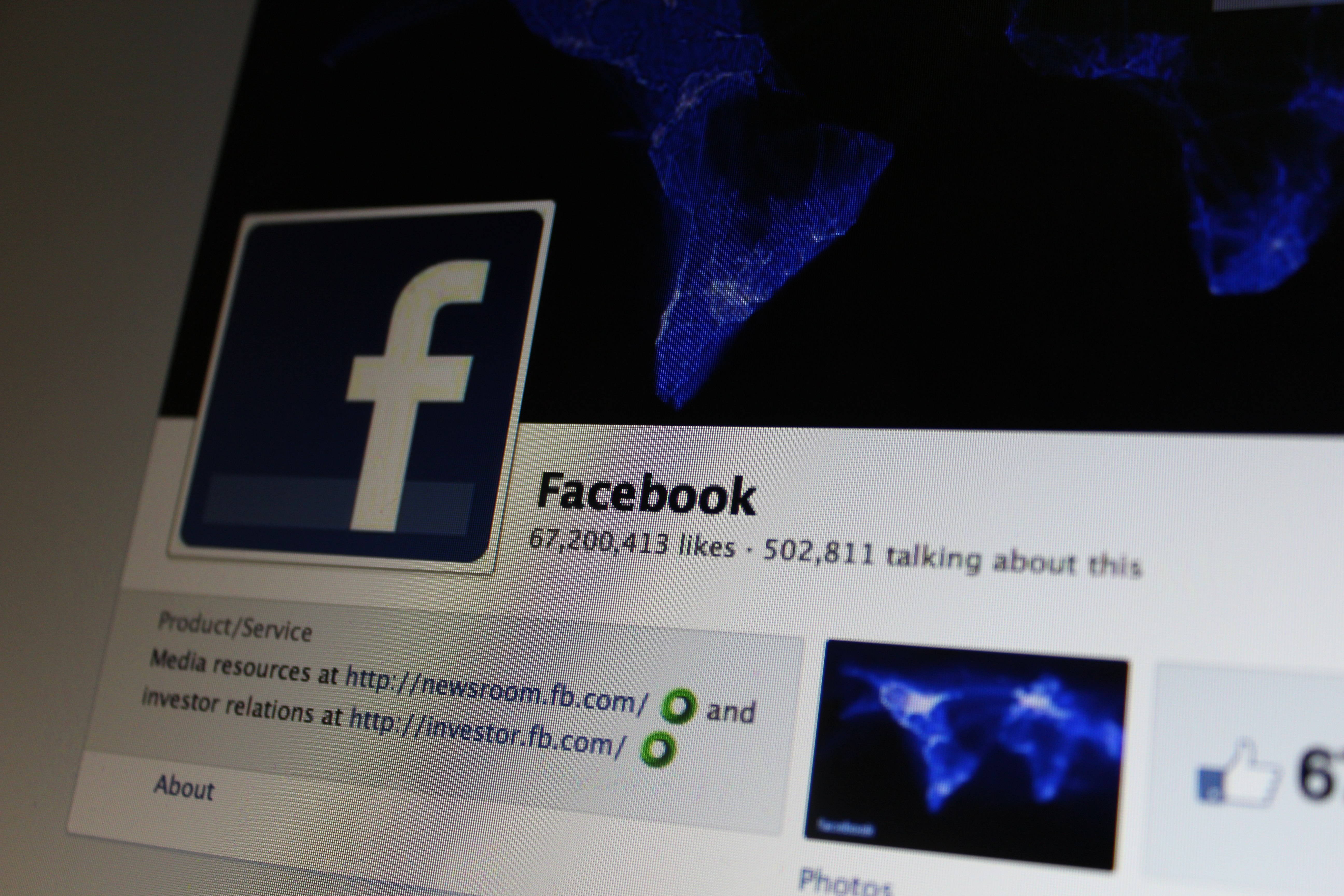Why #IStandWithHateSpeech Is Trending on Twitter

By:
Is there a fine line between free speech and hate speech, or are they completely different?
The hashtag #IStandWithHateSpeech was trending on Twitter this week because people feel a new policy is mistaking free speech for hate speech.
Four major U.S. internet companies — Facebook, Google, Twitter, and YouTube — signed a deal on Tuesday to abide by the European Union's "code of conduct on illegal online hate speech," agreeing to review and remove all reported occurrences of it from their services within 24 hours, Reuters reports.
In many instances, it's unclear what comprises hate speech, because what's offensive to one person may not be offensive to everyone.
The EU enacted the agreement in response to mounting anti-semitic, anti-immigrant, and pro-Islamic State sentiment on social media, Reuters reports. Though it aims to offer special protection to certain groups of people, some see it as an attack on free speech and the start of a troubling trend toward increased government censorship.
"Other countries will look at this and say, 'This looks like a good idea, let's see what leverage I have to get similar agreements,'" Daphne Keller, former associate general counsel at Google and director of intermediary liability at the Stanford Center for Internet and Society, tells Reuters.
"Anybody with an interest in getting certain types of content removed is going to find this interesting," Keller said.
The EU agreement basically charges internet companies with establishing the standard for what kinds of speech are legal in each country. As a result, users are likely to mix up what sort of content violates a company's terms of service and what type of content is actually unlawful in that country.
 Christopher/Flickr - flickr.com
Christopher/Flickr - flickr.com
"The commission's solution is to ask the companies to do the jobs of the authorities," Estelle Masse, policy lead in Europe for Access Now, a digital rights advocacy group that did not support the final EU agreement, tells Reuters.
Critics argue that the EU deal is setting a dangerous precedent by pressuring internet companies to be overcautious, which may drive them to disable or remove content that's in fact legal.
The majority of Twitter users seemed to be using the #IStandWithHateSpeech hashtag to express distaste for the EU deal.
Several people believe the policy encroaches on people's right to free speech, but a few interpreted the hashtag to mean something different — a green light to express hateful views.
